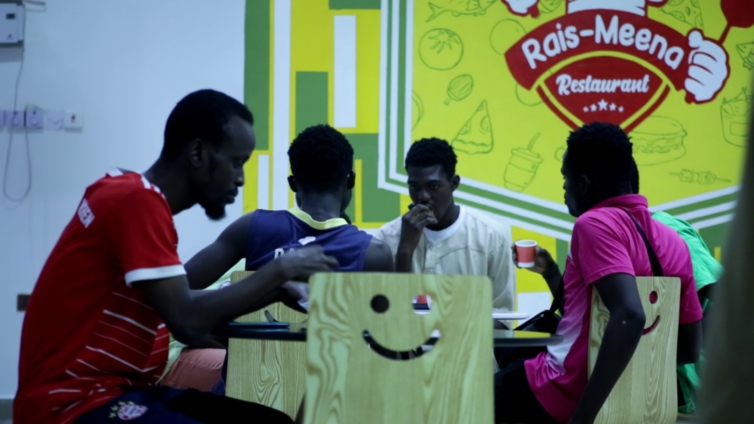Young working single males are stressed for time and rarely prepare meals at home.
Some depend on home deliveries, takeaways, and food joints to prepare a decent iftar – the breaking of the fast. They say it is a real-life struggle that must be addressed.
“I live alone. I am not married. l do not stay with my parents,” said 30-year-old Abdul Latif Saddick.

Abdul-Latif is always seen at Rais-Meena restaurant at the Asawase community to be served a plate of rice at a cost 30 cedis or more to break his fast.
“l have to make sure l come around to get something to break my fast even before l get home. Because we are fasting for more than 16, 17 hours, it is something that is very important for me to get something eaten before l get home,” he said.
Many Ramadan men who live away from their families and are stressed with time depend on takeout and home orders for breaking their fast.
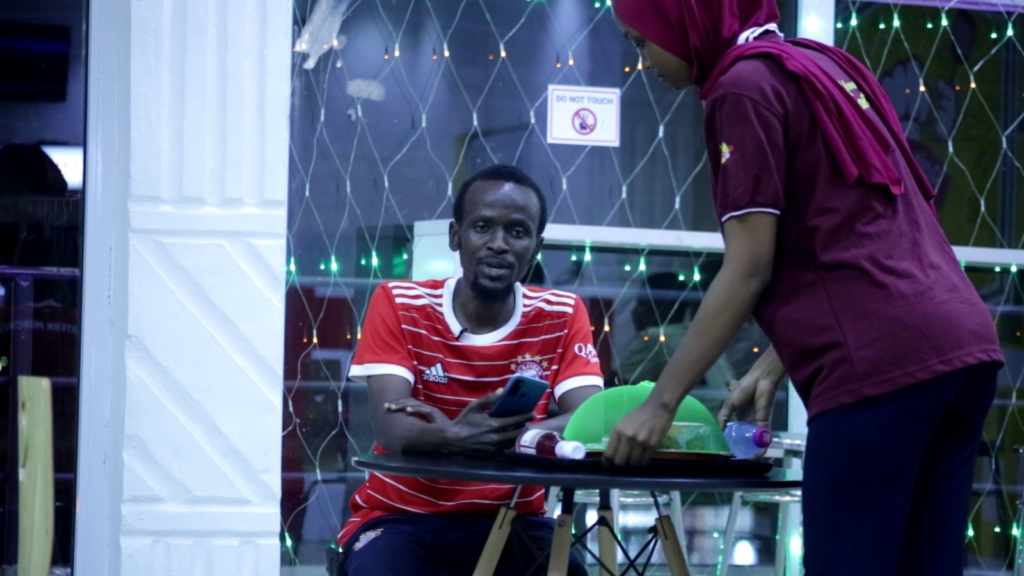
For some, like Abdul-Latif, the sheer convenience and diversity of options in dining out makes cooking at home a faraway possibility.
If Abdul-Latif regrets anything, it is the company of his family around him. He would have undoubtedly enjoyed a more conventional Ramadan.
“I don’t live with my mediate family. My dad is an old man who cannot cook and my mum is not around.”
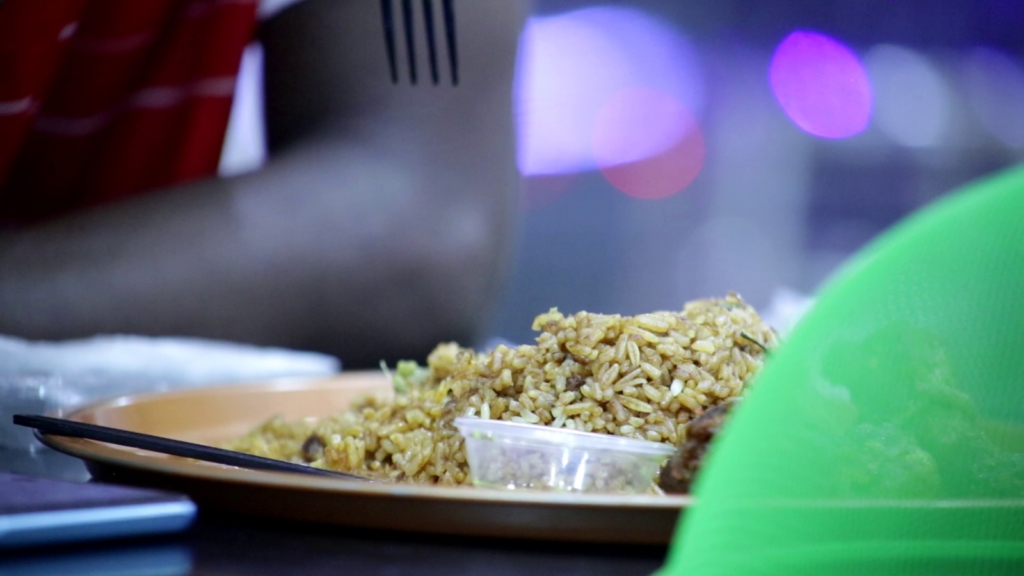
However, he has a younger sister who works outside of Kumasi, making it challenging for him to cook and prepare himself for dinner and suhoor.
“It becomes very tiring and challenging,” he lamented.
Abdul-Latif, a sports journalist, says Ramadan makes him miss his family.
His Ramadan experience is similar to that of any other single Muslim man who lives alone.
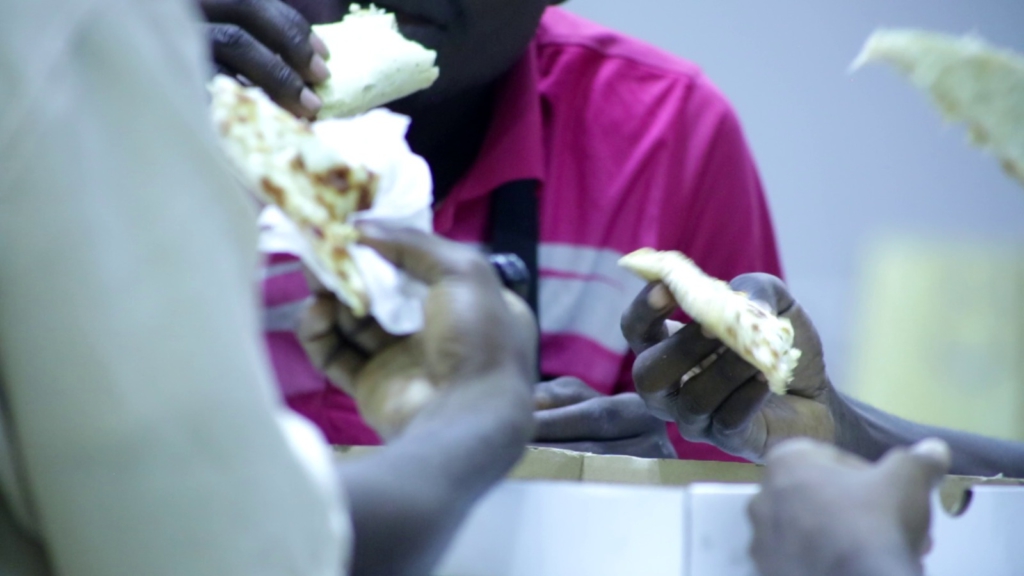
“Sometimes when you wake up at dawn - going out to buy even bread and egg to come and eat for the fast is not easy,” 33-year-old Abdul-Malik Farouk stated.
Abdul-Malik Farouk laments that when they go out, people will attack them at night, but he believes that if he had been married, he would have sat at home and allowed his wife to prepare food for him.
So, he is mostly reliant on home deliveries for his evening meal and ends his fast in the most practical way possible.

“As a bachelor, sometimes it's very hectic for you to come and buy things outside. If am married, l will not be coming out to buy food outside like this,” he stressed.
The 33-year-old says he is sometimes worried and ashamed that he has to queue outside to buy food during Ramadan.
“l feel so worried sometimes. l feel so sad. l feel so ashamed for me to come out and buy food and be holding it on my way back home,” he expressed disappointment.
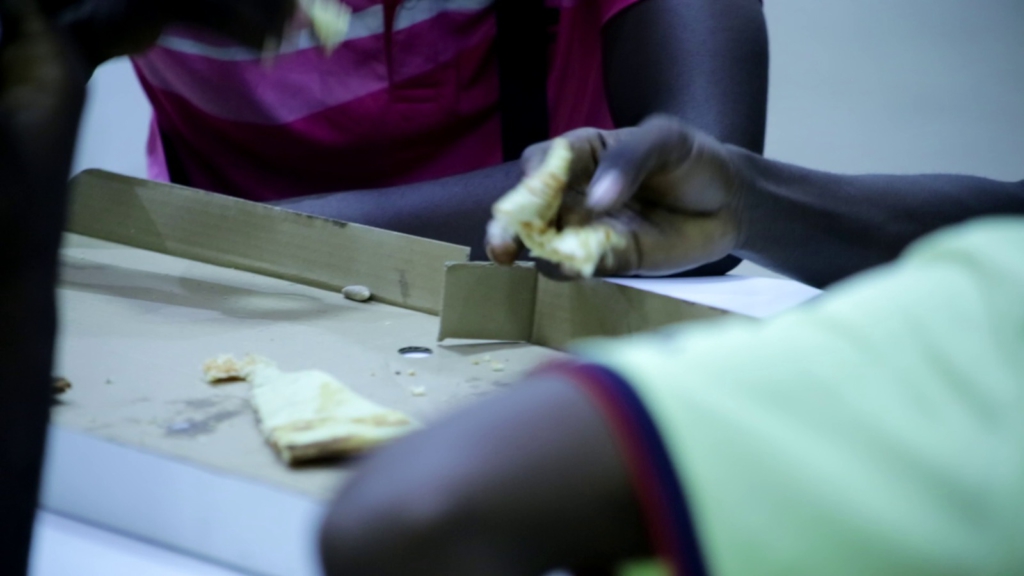
Both Abdul-Latif and Abdul-Malik rely a lot on eating out. Besides, they also miss the family bonding that happens during Ramadan.
Some of these bachelors’ dawn food or suhoor is really light. They make themselves a bowl of oat, a cup of tea among others.
“When l wake up during suhoor or at dawn the only thing l can help to prepare is Lipton with bread. Once in a while l combine it with date to start my Ramadan with,” said the Abdul-Latif.
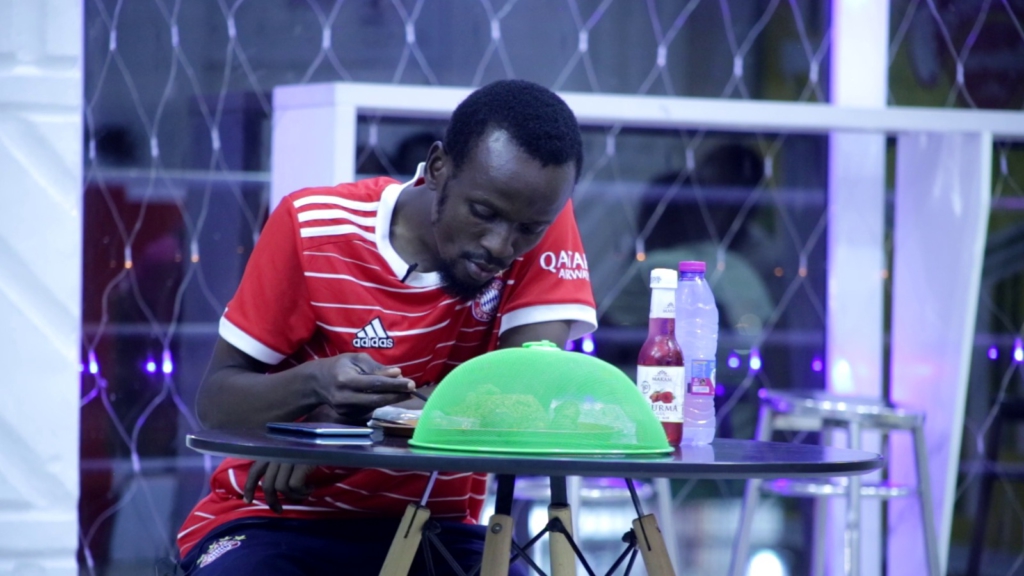
Abdul-Malik also does same. He normally takes coffee, bread and egg. “I take the bread and egg at dawn because l have no option than to take that,” he indicated.
Until both get to bond with their families in the next Ramadan or get married as they believe it could lessen their burden, they will continue to rely on takeaways and home deliveries to break their fast.
Latest Stories
-
Be alert, insist on decent messages – Dwumfour tells media
9 mins -
Father jailed 10 years for burning daughter’s genitals with hot cutlasses
18 mins -
I aim to help Ghana produce world-class athletes – Asamoah Gyan
26 mins -
Ashanti Regional Minister alleges sabotage in electricity supply
30 mins -
2024 Elections: Dampare urges Ghanaians to prioritise patriotism and display maturity
38 mins -
‘Let it rot’ campaign hits fish prices in Egypt
45 mins -
Otumfuo chalks 25 years on Golden Stool today
48 mins -
Saudi could get first Miss Universe contestant this year
55 mins -
Ghana Shippers’ Authority initiates steps to sign Service Level Agreements with stakeholders
56 mins -
Fuse ODG supports rising artiste, Fred Kobby, with funds for music video
60 mins -
Mohbad’s toxicology result finally ready
1 hour -
Giggs releases ‘Hallelujah’ video featuring Lojay
1 hour -
Mustapha Ussif wins African Sports Minister of the Year Award.
1 hour -
Sons shouldn’t be mothers’ emotional support system – Ethel Adjololo
2 hours -
Family threatens to take on Trinity Hospital over missing corpse
2 hours

